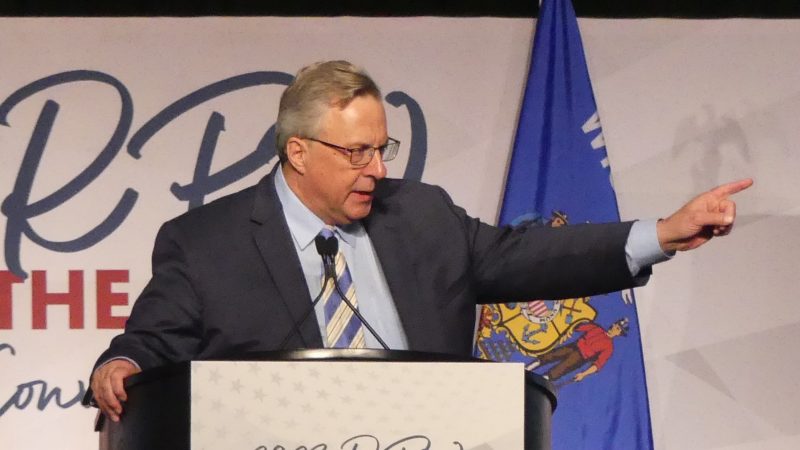Chair Brian Schimming says the state GOP did things in the April election it normally doesn’t, from transferring $9.5 million to Brad Schimel’s state Supreme Court campaign to keeping staffers on from the fall election to hit the ground running for the spring race. It wasn’t nearly enough, as Dane County Judge Susan Crawford beat Schimel by 10 points, identical to the same winning margin for the l...
Please log in to access subscriber content.
If you don't have a subscription, please contact schmies@wispolitics.com for subscription options on the WisPolitics-State Affairs platform, which is the new home for WisPolitics subscriber products.

